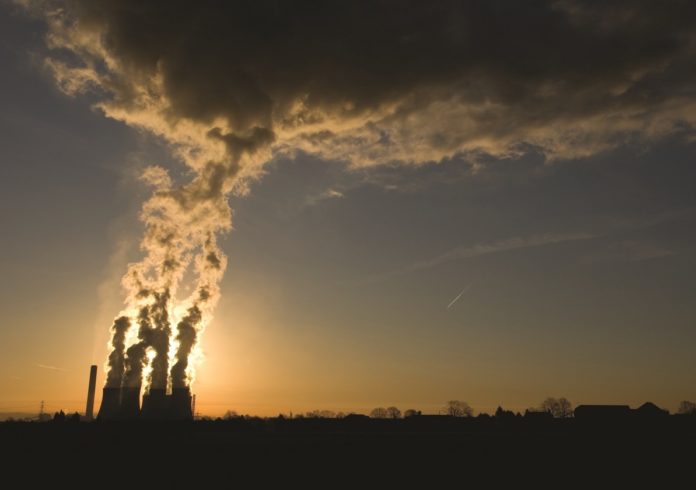The IPCC’s latest report on climate change warns that keeping global warming to well below 2ºC can only be achieved by reducing emissions from all sectors, including land and food.
The report is the first comprehensive look at the entire land-climate system and is a key input to climate and environment negotiations like the UN Convention to Combat Desertification (COP14) in New Delhi, India, in September and the UN Framework Convention on Climate Change Conference (COP25) in Santiago, Chile, in December.
Better land management, the report shows, can contribute to tackling climate change but is not the only solution. Reducing greenhouse gases from all sectors will be necessary. It also warns that bioenergy needs to be carefully managed to avoid risks to food security, biodiversity and land degradation.
The report concludes that the world is best placed to tackle climate change when there is a focus on sustainability. Choices made about sustainable land management can help, and in some cases reverse, adverse impacts, according to Kiyoto Tanabe, co-chair of the Task Force on National Greenhouse Gas Inventories. He warned that there were limits to what could be done and that in some cases degradation might be irreversible.
New knowledge shows increased risk from dryland water scarcity, fire damage, permafrost degradation, and food system instability even for the most optimistic forecast of 1.5ºC warming. ‘Very high risks’ to permafrost and food instability are predicted for 2ºC warming.
The most drastic impacts will be on low-income countries in Africa, Asia, Latin America and the Caribbean, the report finds. Reducing food waste – around one third is currently wasted, for varying reasons – would reduce greenhouse gas emissions and improve food security.
Ibrahim Thiaw, executive secretary, UN Convention to Combat Desertification, said: ‘We have known for more than 25 years that poor land use and management are major drivers of climate change, but have never mustered the political will to act. With the release of the IPCC special report on climate change and land, which makes the consequences of inaction crystal clear, we have no excuse for further delay.’








